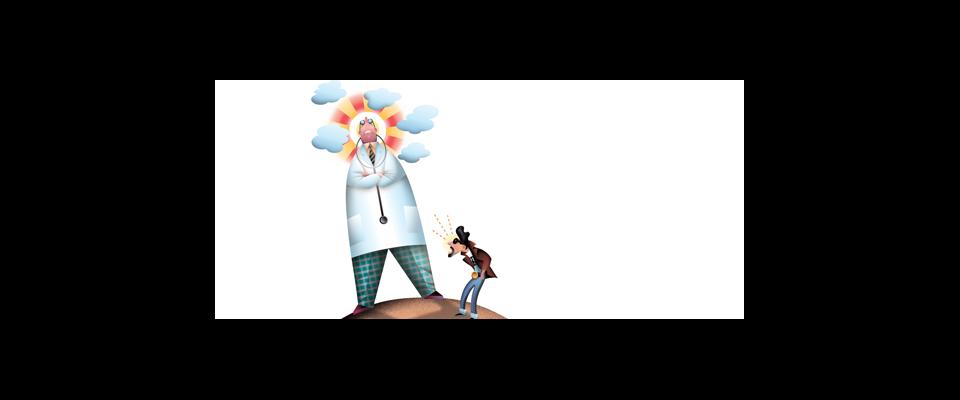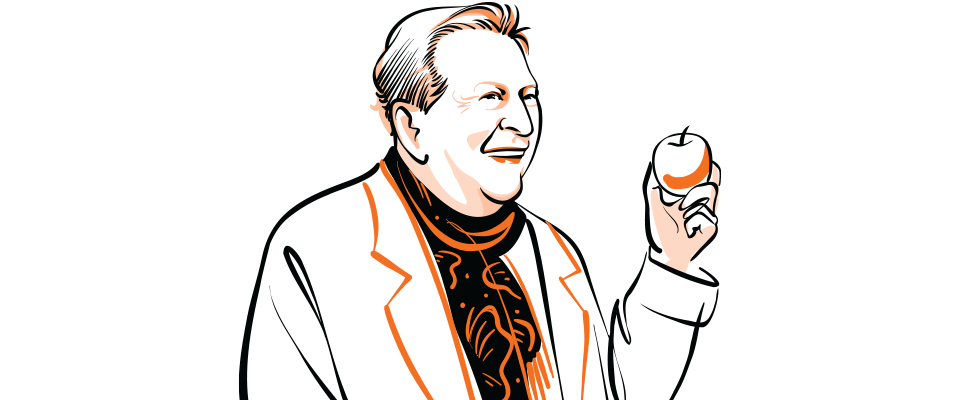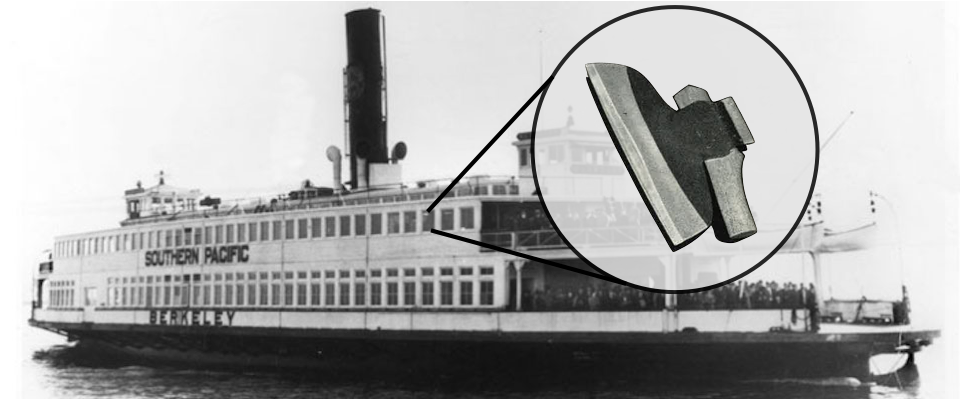In 1978 I was a sixties dropout, trying to crawl back into The System at Berkeley ten years later. I was also having an affair with my graduate advisor, which wasn’t popular even then. As a result, it was politely and nonverbally communicated to me that I shouldn’t bother applying for any fancy tenure-line jobs when I got my Ph.D. and why didn’t I just kind of go away?
Fortunately it was the beginning of the era of environmental carcinogenesis (powered in part by the Ames test, developed at Berkeley). I was able to take my brand new Ph.D. in epidemiology to what I’ll call the Medical Research Institute at Stanford and get hired.
However, Stanford was where I had dropped out of in the first place. It kind of gave me the creeps. Maybe it was the golf course on campus, maybe it was all those sorority girls in Maseratis, but somehow Stanford just wasn’t for me. But a job in the Bay Area was a job in the Bay Area so off I went.
Dr. X, who hired me, had set up the Institute, but the real power was Dr. Y, a big cheese in the Stanford medical school. Dr. Y was a mournful-looking man with long sensitive fingers who could find lymph nodes in your neck that other people didn’t even know existed. He peered down his patrician nose at me and I knew right away that this was going to be difficult.
The Stanford doctors were world leaders and I think Dr. Y looked down on Dr. X as a soft-money hustler who wasn’t in their exalted league. And above Dr. Y was Dr. Z—who was a Very Big Deal. Dr. VBD invented a partial cure for one of the first curable cancers. He had two deformed fingers on his right hand and when you met him he just kind of shoved his hand in yours and stared at you as if to say: “I came up with a very important partial cure for one of the first curable cancers. Deal with it.”
It soon turned out that Dr. X, my boss, wasn’t happy. For one reason, the Institute wasn’t exactly at Stanford, more sort of off to the side in the industrial park. They weren’t welcoming him into the core faculty either. “They don’t invite me to the important meetings,” he said plaintively, angling for my sympathy. He poured evil gossip into my ear, suggesting that Dr. Y was a disappointed man because his career hadn’t lived up to Dr. VBD’s. And Dr. Y never showed up at the Institute, leaving his giant office and monster executive chair empty as a permanent reproach to Dr. X.
Somehow all this ran downhill and landed on me. They fired me. Now, it is true I had been digging around in Stanford’s data. This wasn’t a smart idea for a junior researcher, as any reasonable person would have realized. And it is also true that I was feverishly writing grant proposals to ensure my own survival, rather than greasing up to the Big Deals on campus. But the official reason for firing me was that I wasn’t an M.D.
Dr. X said it was Dr. Y who did it, for reasons of style. “You’re a maverick, you dress like that….” And indeed I was still wearing the official dropout uniform of jeans, leather jacket, and hunched, James Dean–like shrug. But since I wasn’t any less of an M.D. than when they hired me, it seemed a little unfair.
Fortunately the chair of the UCSF epidemiology department was a collaborator in the Institute and he thought it was unfair too. He extended a slender reed: a one-year, half-time appointment in his department. And miracle of miracles, my grant got funded! (Testicular Cancer and Prenatal Diethylstilbestrol Exposure. Not a world-shaker, but solid.)
Pretty soon, I had a career. I ran into my Stanford advisor at a conference and he stared at me with amazement: “You dropped out of Stanford and you had a scientific career anyway!”
Given what was happening in San Francisco, my career turned out to be in AIDS epidemiology rather than in environmental cancer. And so Dr. Y turned up in my life one more time, as a member of the external advisory board of the UCSF AIDS program. Amazingly enough he tried to get me fired again, possibly for still not being an M.D. But that’s another story.





















